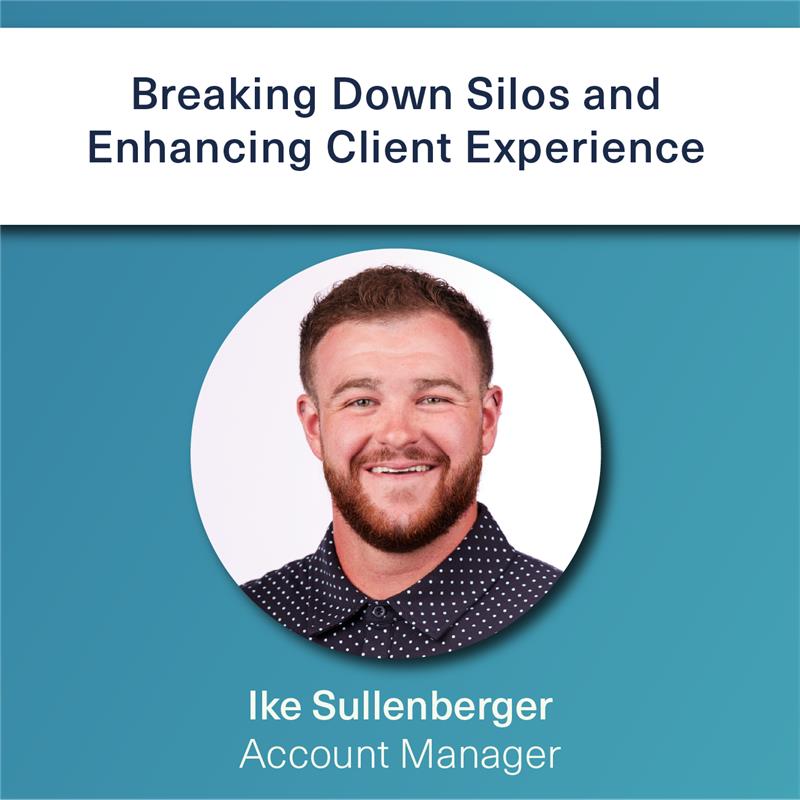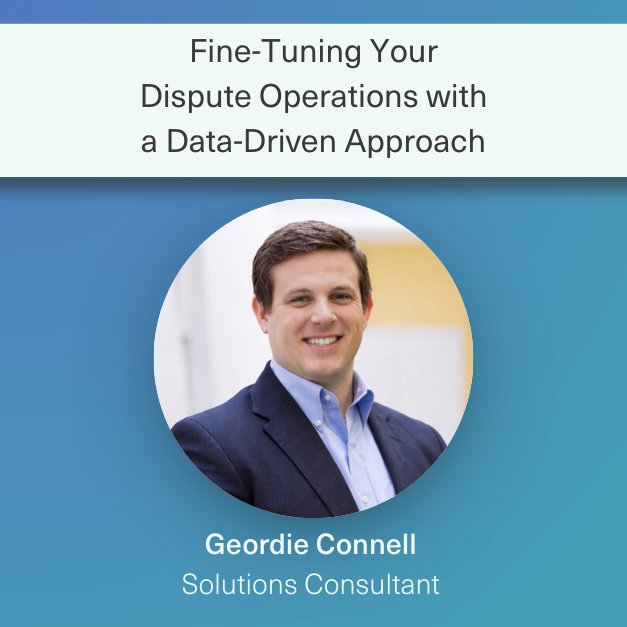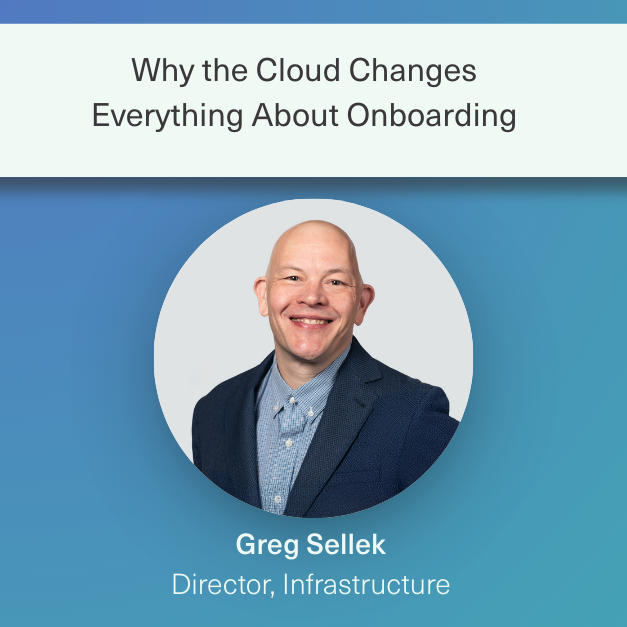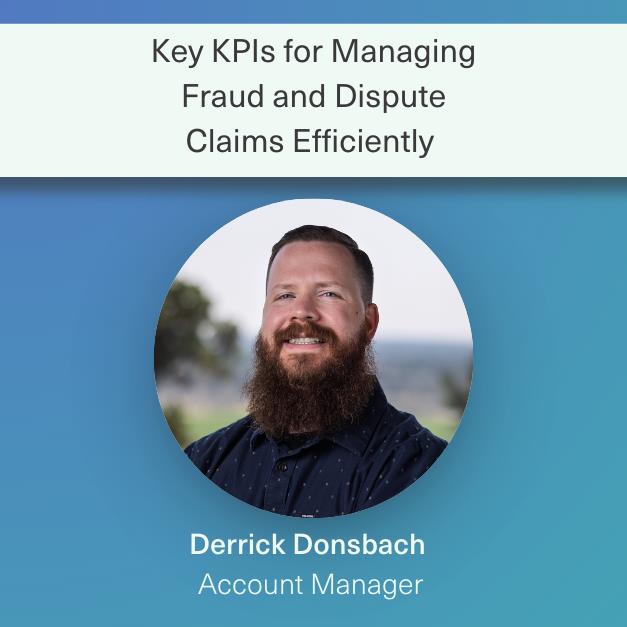The fraud and disputes industry has experienced massive transformations over recent years, with technology and data playing a pivotal role. Understanding and leveraging client data has become essential for companies aiming to improve fraud and dispute management. By harnessing real-life data, account managers can offer sound advice, anticipate client needs, and foster deeper connections, resulting in more effective consultations and enhanced client satisfaction.
Understanding Client Needs through Data
Every financial institution is unique, with individual goals and challenges. Data analysis allows us to segment clients based on various criteria such as fraud risk levels, dispute frequency, and transaction patterns. By understanding these segments, account managers can tailor their advice and services to meet the specific needs of each group. For example, a small startup might need guidance on optimizing fraud rule implementation, whereas a large enterprise might focus on advanced dispute resolution processes.
Building Trust through Transparency and Personalization
Trust is a fundamental component of any client relationship, particularly in the financial services sector. Clients need to feel confident that their advisors have their best interests at heart. Data can enhance transparency by providing clients with clear, detailed explanations of their fraud and dispute management strategies and the rationale behind specific recommendations. Additionally, personalized advice based on real-life data shows clients that their advisors understand their unique circumstances and are committed to helping them achieve their goals.
Case Studies: Consultation & Removing Silos
Fraud and disputes tend to operate in a bit of a silo, from organization-to-organization information sharing is typically limited. With the landscape of fraud changing, particularly in the last 5 years, we can begin to see the impact that industry-wide data can have.
Case Study 1: 4808 and Missing Authorizations
We leverage data in nearly all aspects of our business, from product strategy, marketing, client experience, and account management. But in tandem with historical data, we also leverage a lot of real-time data. While we’re probably all familiar with a fraud trend moving rapidly, we’re familiar with it because we’ve felt it when it hits our organization and the scramble to implement mitigation strategies begins. The ability to monitor data in real-time and identify changes quickly allowed us to detect an uptick in missing authorization disputes in one client environment and proactively target this trend across our client base, with a developed solution to efficiently file 4808 issuer cases and recover funds. In a scenario where Fintech 3 feels the burn of a new trend first, and Credit Union 4 is next in line, leveraging data can help to remove the silo, and effectively advise your client base.
Case Study 2: What is a Representment Worth?
Representments are a necessary part of the chargeback process but can significantly impact operational efficiency. Each one requires time, documentation, coordination, and expertise in card network rules. For Credit Union 2, we identified inefficiencies tied to low-value representments—specifically those under $25. Of these, only five were successfully recovered at pre-arbitration, while 9,104 were lost regardless. Our recommendation: write off disputes under $25 that receive a representment. The operational burden of reviewing thousands of low-value cases simply isn’t worth the marginal recovery. Your operational expense will thank you.
Implementing Data-Driven Strategies in Software
Adopting a data-driven approach requires a strategic framework that integrates technology, data analysis, and client-centric practices. The approach can vary, what I find most impactful is below:
Invest in Technology and Analytics
Financial services companies must invest in advanced analytics tools and platforms that can collect, process, and analyze vast amounts of data. These technologies enable account managers to access real-time insights and make informed decisions.
Train on Data Utilization
Advisors need to be equipped with the skills and knowledge to effectively utilize data in their consultations. Training programs should focus on data interpretation, communication techniques, and ethical considerations. By empowering client interaction with data-driven insights, companies can enhance the quality of their client interactions.
Foster a Client-Centric Culture
A client-centric culture places the needs and preferences of clients at the forefront of decision-making. SaaS companies should encourage advisors to view data as a tool for better understanding and serving their clients. This mindset shift can drive more meaningful and impactful client relationships.
Continuously Monitor and Improve
Data-driven strategies require continuous monitoring and refinement. SaaS companies should regularly assess the effectiveness of their data initiatives and seek feedback from clients and employees. By staying agile and responsive to changing client needs, companies can ensure their data-driven approaches remain relevant and effective.
Conclusion
In today’s data-rich environment, SaaS companies have a unique opportunity to transform client relationships through data-driven insights. By understanding and addressing the specific needs of clients we can offer personalized advice, build trust, and foster long-term loyalty. As technology continues to evolve, the potential for data to drive meaningful client interactions will only grow, making it an essential component of effective consultation.





